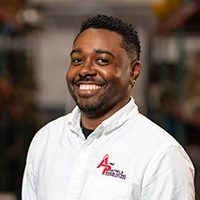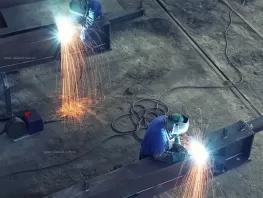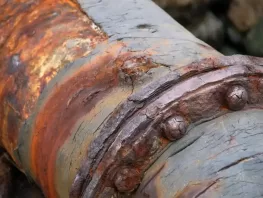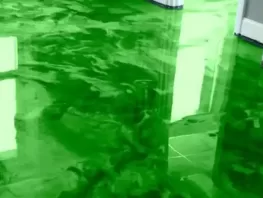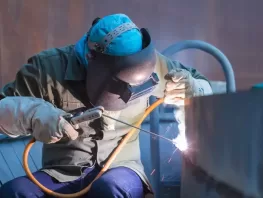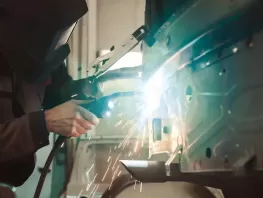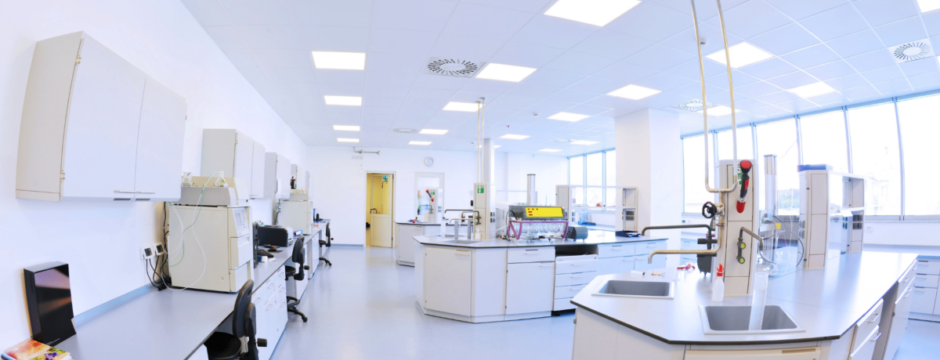
How Seamless Flooring Translates To Safer, More Sterile Facilities
Posted Oct 26, 2020 by Dave Scaturro

Many people assume that a clean floor must also be a sterile floor, but they forget how porous or absorbent some floor materials are, how many floors have seams, grooves, or welds for bacteria to grow and develop in out of reach of your cleaners.
In your facility, or place of business, what touches your floors every day? Human or animal feet? Vehicle and cartwheels? Dropped food? The occasional child exploring under a table or having a tantrum in an aisle? In restrooms, bodily waste? There are so many avenues for pathogens to hitch a ride.
Every Industry Needs Sterile Floors Right Now
Some facilities and institutions, like laboratories, have been practicing far more stringent decontamination guidelines than others because the very nature of their work has always called for sterile environments. However, in this time of COVID-19, virtually all industries with indoor facilities must exercise additional vigilance in their cleaning practices in order to keep their employees and the public safe from possible contamination or bacterial infection.
Across the board, a much stronger emphasis on cleaner, more sterile flooring has come to the forefront in these conversations, and the seamlessness of resinous flooring is the ideal choice for this in all settings.
How Does Resinous Coating Reduce the Risk of Bacterial Contamination?
Resinous flooring involves applying a resin coating (usually acrylic, epoxy, or polyurethane) to floor surfaces that is seamless, non-porous, and utterly smooth from wall to wall. This helps to significantly reduce risk in areas called critical control points (or CCP, places where greater attention and effort on your part can neutralize or remove threats) by eliminating spaces where bacteria and other contaminants can grow and thrive. These are places where cleaners cannot reach, like inside of cracks or awkward corners, or because they are in areas that are often overlooked during a standard sweep.
Applying a smooth surface over one with cracks and seams is just the start. Seamless, resinous flooring is non-absorbent, unlike areas with carpeting - where bacteria can form under the surface, and your standard vacuum and shampoo might not reach far enough to affect. You might assume that a hard floor like vinyl is already better and safer in comparison, but there's still a problem.
Unlike vinyl floors, which are very common in places like hospitals, resinous flooring doesn't break down when you use aggressive cleaning agents like the sterilants and high-level disinfectants from brands like Minntech and Steris. Vinyl will, and these chemical agents and other cleaning tools and materials will damage them over time.
With the challenges facing the world due to COVID-19, there is an an enhanced sense of urgency to follow strict hygienic practices across all industries. Resinous flooring helps support sanitary initiatives and help organizations to meet directives while seamless flooring is naturally hygienic. The bottom line is with the aid of Alpine Specialty Flooring, successful sanitary solutions can be employed in facilities for any industry when an experienced and knowledgeable contractor is selected.
